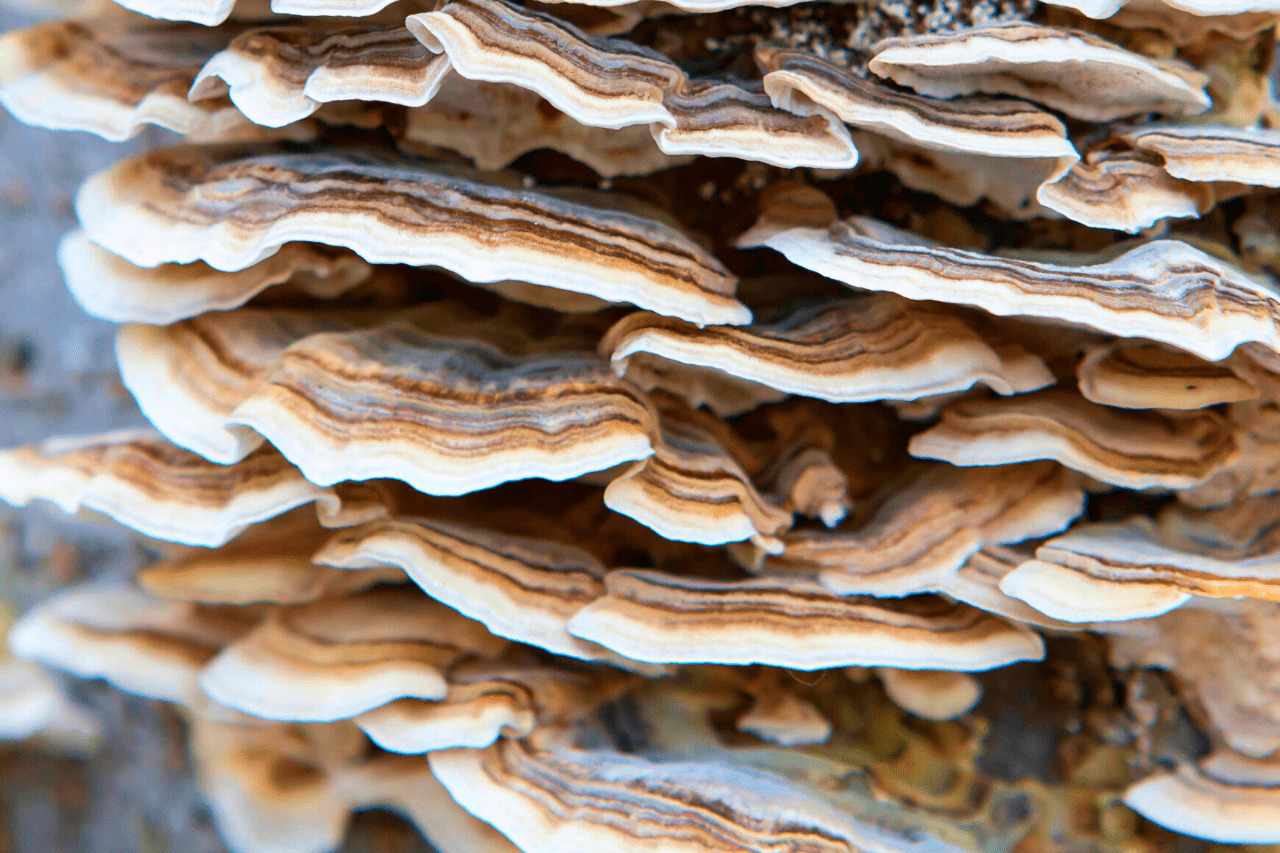
Medicinal Mushrooms: All about Turkey Tail Mushroom
Written by Sydney Waldner Let me introduce you to the holy grail of medicinal mushrooms; Turkey tail. If you are a forest lover, there
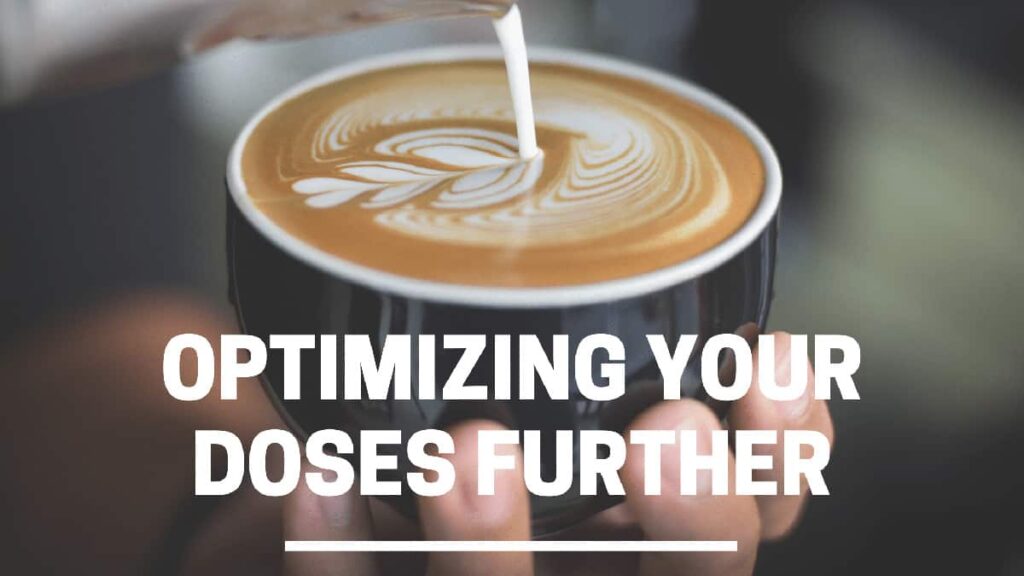
Microdosing is the act of ingesting a micro-amount of an often psychedelic substance with the motive to improve one’s life in one or more aspects. This practice has taken off in recent dates, growing in popularity around the globe and helping countless individuals unlock their true potential.
However, as with many practices, there are a few negative effects that can occur. This practice takes some experimentation and optimization in the beginning in order to fine-tune your experience. One of the ‘goals’ is to work out a system that works best for you and your lifestyle that will result in a more consistent experience.
While the majority of microdosers don’t find any major limitations with their practice, there are a few things that can get in the way of your original motive when microdosing. One of the most commonly reported complications individuals gets when microdosing seems to be over-stimulation.
In this article, I am going to explain a few things that may be causing stimulation overkill as well as a few ways to avoid it. Most of the complications that can come with microdosing can be avoided. The only ‘tricky’ part is finding the source of the complication itself!
I’ve worked in the microdosing industry for years and luckily over-stimulation is typically a quick fix. From speaking to clients and fellow microodosers in the community, there seems to be one factor that gets in the way: coffee.
As many of us know, coffee contains a very powerful compound called caffeine, which is an alkaloid compound found in many teas and coffee plants. This potent compound works as a stimulant and has an overall effect on the central nervous system [CNS]. Not only does it wake up your brain, but it also wakes up your whole body!
Some consider coffee to work as a Nootropic. In moderated doses, caffeine can help individuals hold focus and concentration for longer periods of time. This can be a helpful tool when studying, working or when you simply feel exhausted and you’re looking for a boost.
However, it takes caffeine next to no time to enter the bloodstream. This means we tend to experience an intense spike in energy, followed by the dreaded ‘coffee crash’ which occurs only a few hours after the spike. This is something that makes coffee a very unsustainable focus tool. Additionally, drinking on its own coffee can result in some very unpleasant feelings of anxiety, stress and restlessness. Never mind drinking coffee alongside other stimulants such as microdosing!
One thing to understand about microdosing is that it acts as a stimulant for the brain and body. We have a lot to learn about how microdosing not only affects the brain but also how it affects the central nervous system. While the research is only getting started and is ongoing (as all research is) what we can notice is the link between over-stimulation on dose days and the consumption of coffee.
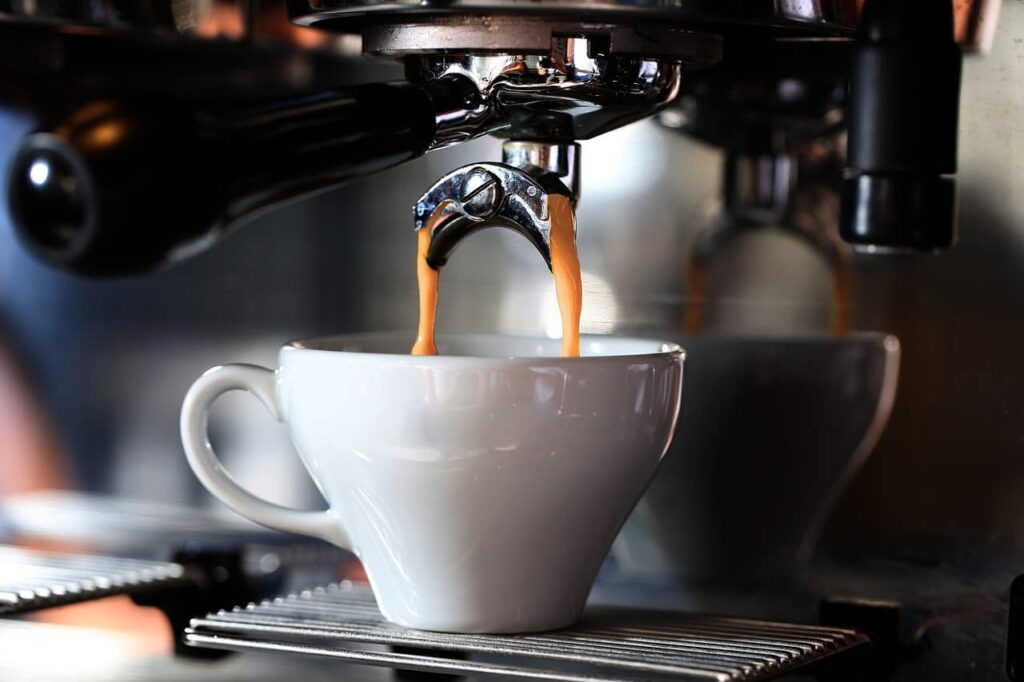
Very typically, when I have a client come to me asking about why they feel on edge on dose day I ask them ‘Do you drink coffee?’. I would say 99% of the time, the answer is ‘Yes.’. When I suggest that they skip their morning coffee on dose days, that usually does it!
There is also something else interesting about our clients who experience over-stimulation from drinking coffee on a dose day. Often they report that they feel as though their single microdose hits them harder than usual. This tells us that drinking coffee on dose days not only makes you feel extra stimulated but could also make your microdose feel stronger.
This is not ideal and defeats the whole purpose of microdosing! Drinking coffee or taking other stimulants on dose days is never suggested. Two or more stimulants in the body at once is a cocktail for disaster.
When I first started my microdosing journey, I had the same issue. Here is how I combated this issue.
A) Skip the coffee. Duh!
B) Have a matcha latte instead as a substitution.
C) Supplement lions mane mushroom alongside my microdose and matcha.
Why Matcha? Doesn’t it have caffeine in it, as well? Yes, it does. However, there are a few major differences. A typical 8-ounce cup of coffee is going to contain around 90-110mg of caffeine while a, 8-ounce matcha latte will contain about 20-45mg of caffeine. Additionally, matcha contains a compound that cannot be found in coffee; l-theanine.
Conveniently, l-theanine and caffeine have a special relationship. Caffeine on its own results in a spike and crash of energy, which is unnatural and hindering to the body, especially over time. But when caffeine and l-theanine are ingested together, they work synergistically.
The l-theanine allows the caffeine to process in the body in a very different way. It processes slower, resulting in no spike or crash. Instead, matcha works in the body at a slower pace, giving a more gentle effect when compared to coffee. Essentially, you get the additional energy, only in a more natural way which is ultimately less damaging and less likely to disrupt the subtle effects of microdosing.
I find that having a matcha latte alongside my microdose is a great combination. I gain that extra energy but without the uncomfortable level that I get when I microdose and drink coffee. I know that it is super hard to substitute coffee if you are like me and love nothing more than a big cup of coffee in the morning! However, I am always looking to get the most out of my doses and find this is a great way to optimise my journey. After all, I am microdosing to make my life a bit easier, not harder!
As stated above, I also supplement lions mane mushroom on dose days and suggest this idea to all of our clients. This medicinal mushroom is an adaptogen, which means it works with the natural pathways of the body and adapts to your current state of being, giving you what you need most.
For example, if you are tired and you supplement an adaptogen, it will likely target your regulation of energy and give you a natural boost. If you are really stressed out and supplement an adaptogen, then it will likely result in a more relaxed nervous system. This step isn’t 100% necessary, however, I feel that it is a great addition when combating any possible over-stimulation that may come with microdosing.
If you are not a coffee drinker or you have experimented with skipping coffee and/or other stimulants on dose days and you are still experiencing over-stimulation, you will need to look elsewhere.
Do you often find yourself in environments where you are exposed to lots of stimulation? For example, you may work in a fast-paced or loud work environment. Some of us are already very exposed to external stimulated as is and a microdose may push you over the edge.
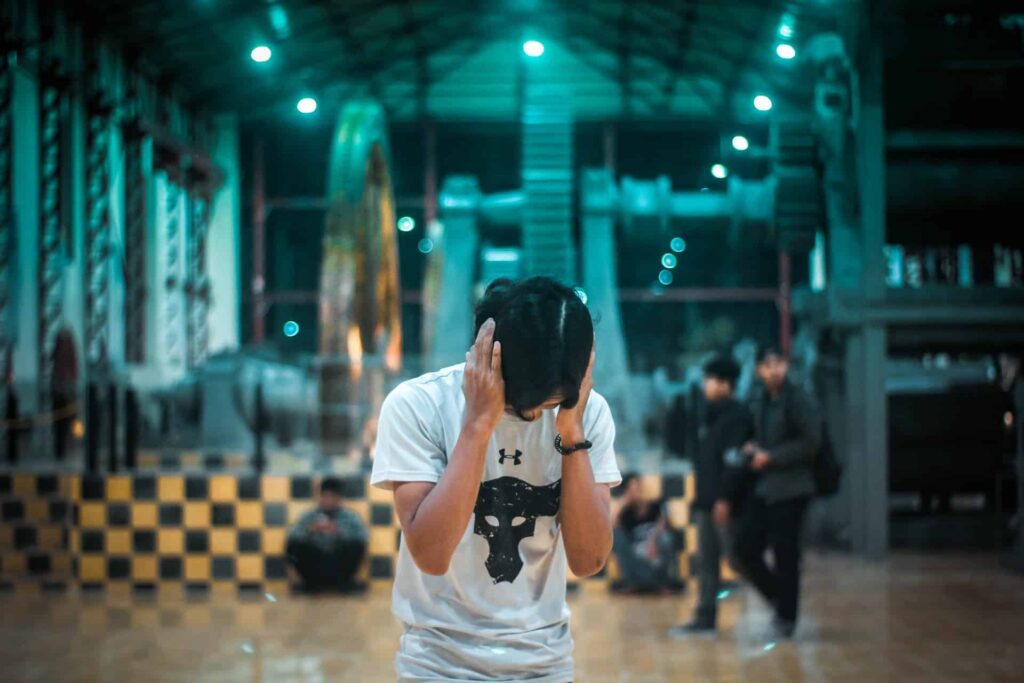
Remember, microdosing is not for everyone or for every occasion. If your workplace is intense but you really want to well-being benefits of microdosing, maybe you should look at changing your microdosing schedule and only dose on weekends when you are away from work.
Perhaps, you experience anxiety on the regular and one of your anxiety symptoms happens to be over-stimulation. While microdosing has helped many individuals minimize their symptoms of anxiety, it doesn’t mean that this will be the case for everyone with anxiety. Microdosing is not a one-size-fits-all practice and hits everyone differently. Our bodies are infinity complex and we know very little about microdosing at this point in time. We have such a long way to go in regards to truly understanding the application(s) of microdosing.
Lastly, you may want to take a look at your doses. Maybe you are very simply dosing yourself too high! For example, a typical microdose of LSD (or other Lysergamides) can be anywhere between 5mcg-15mcg. It really depends on who you are, how your body processes the compound you’re dosing, what (or if) you ate that day, how much sleep you got, what time of that day you took your dose, etc… Play around with your doses and don’t be afraid to go lower even if those around you all require a higher dose to get the results they are looking for.
Most of the time, over-stimulation from microdosing is caused by coffee and/or energy drinks that contain caffeine. Try swapping your coffee for other non-stimulating energy boosters like adaptogens and matcha. If this still doesn’t work, you will need to look further. Try to be analytical with it and observe everything you do on dose days. More often than not, it is a simple fix.
If you feel as though you have tried everything and nothing is working, reach out to the microdosing company you work with or to the microdosing community for help. Sometimes, you just have to reach out and ask for external help to move forward and there should be no shame in that. That is what community is for!
Essentially, if your dose is hitting you too hard, there are quite a few things to look at. As always, listen to your body, feed it nourishing food, remain physically active and stay hydrated! Microdosing is most effective alongside a healthy lifestyle and a mindful approach. The microdosing journey isn’t just about dosing and performing better. It is also about self-discovery, learning how to listen to your mind/body and gaining awareness of the complexity within you!

Written by Sydney Waldner Let me introduce you to the holy grail of medicinal mushrooms; Turkey tail. If you are a forest lover, there
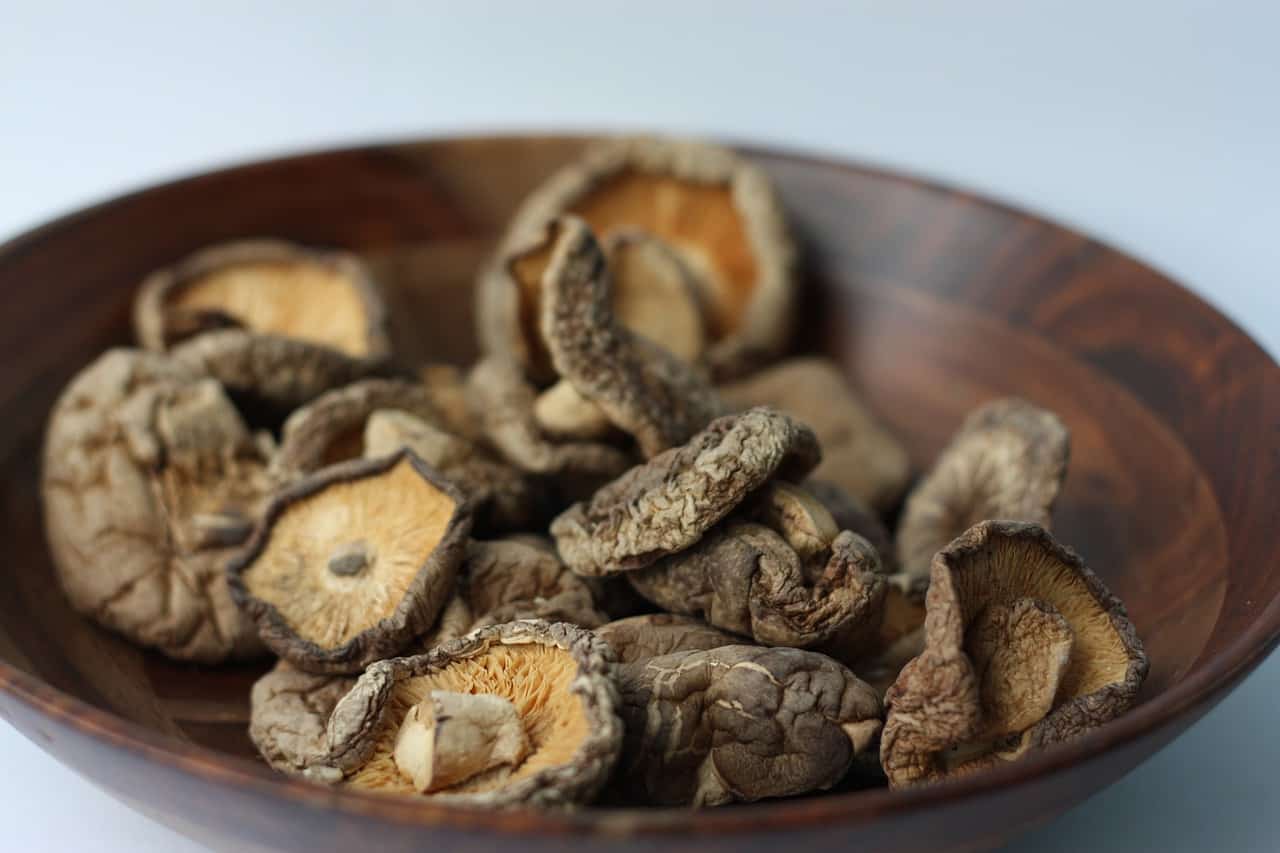
Without a doubt, the most popular medicinal use of mushrooms since the 1960s has been the consumption of psychedelic mushrooms by psychonauts determined to ‘expand
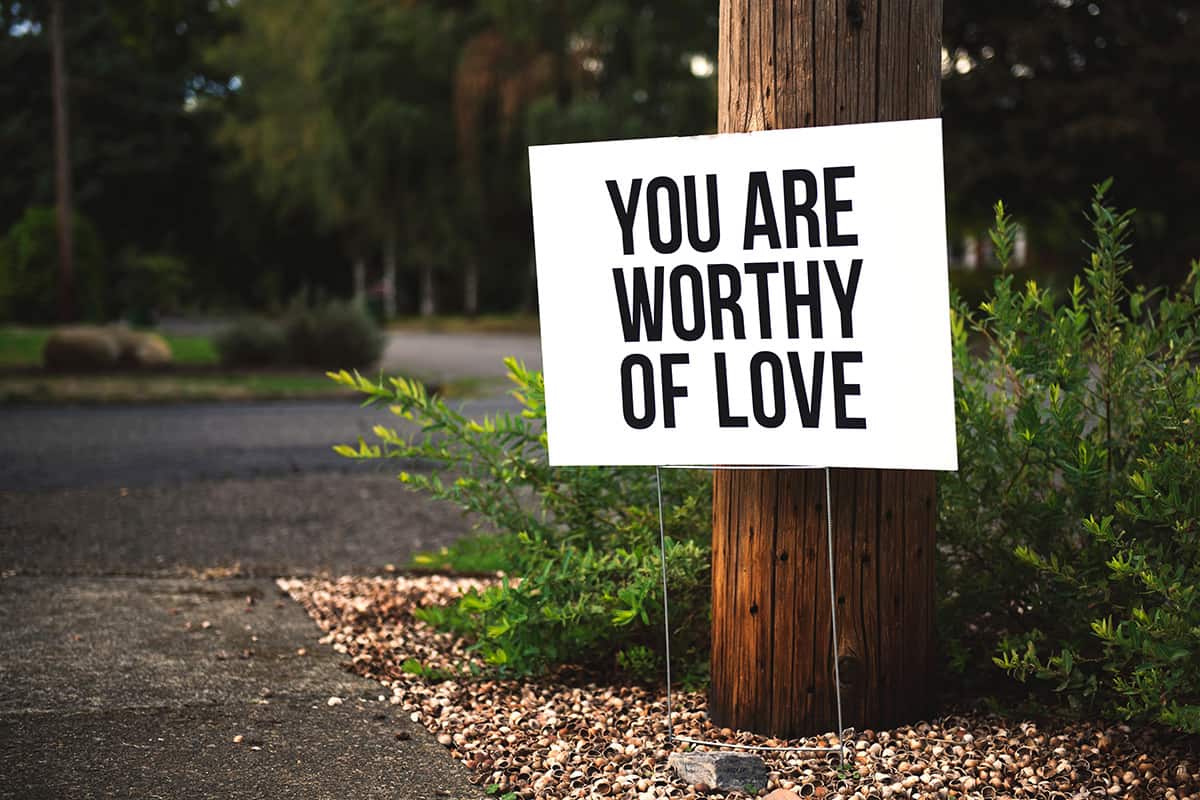
Positive affirmations have been used, in various forms, for thousands of years. Affirmations are phrases that you can repeat to yourself over and over, locking

Magic mushrooms are very appealing when hearing about all the blissful and life-changing experiences they have provided for so many individuals. Some people report that
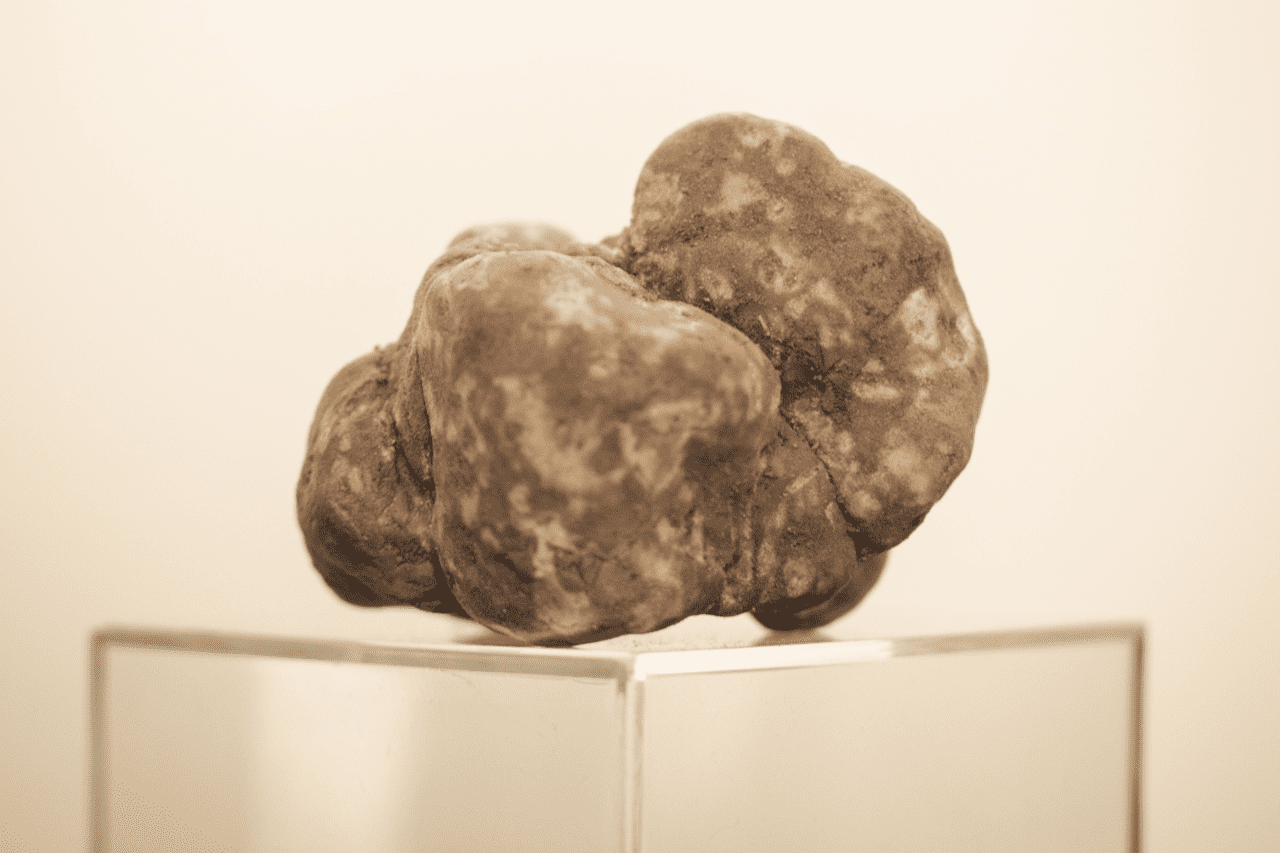
If you live in Europe or have made a humble visit to the city of Amsterdam to ‘‘see the culture’’, you’ve probably heard of
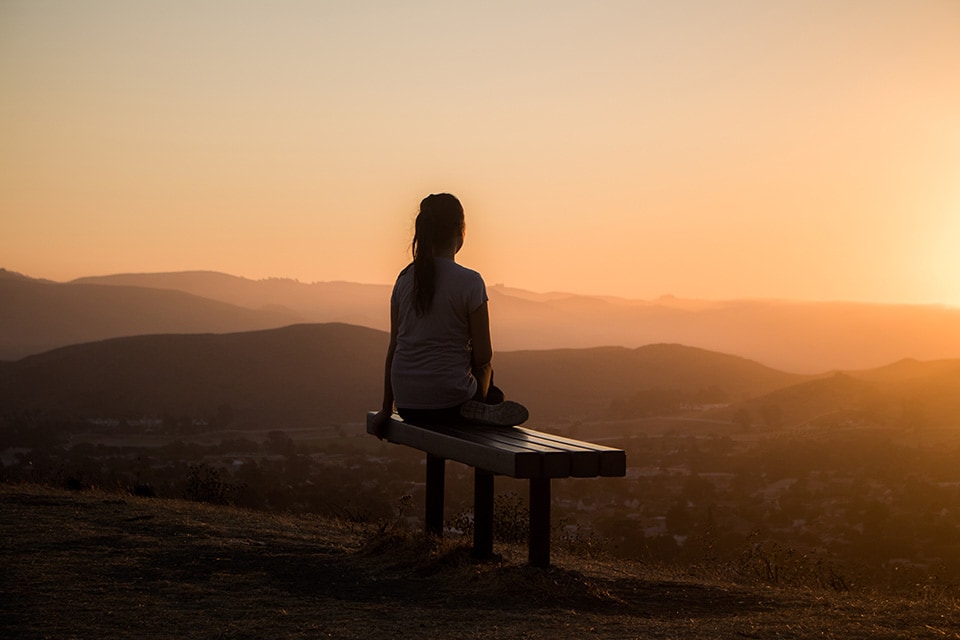
With the more recent trendiness of wellness taking over social media and bloggers everywhere, it always surprises me how little brain health is involved in
GET 10% DISCOUNT WITH NOTIFIED ABOUT THE LATEST NEWS AND UPDATES. NO SPAM, WE PROMISE!
FREE Tracked shipping on orders over €250 to EU countries.
Monday- Friday 8.30am- 5pm (CET)
A range of options available
Guaranteed delivery or your money back